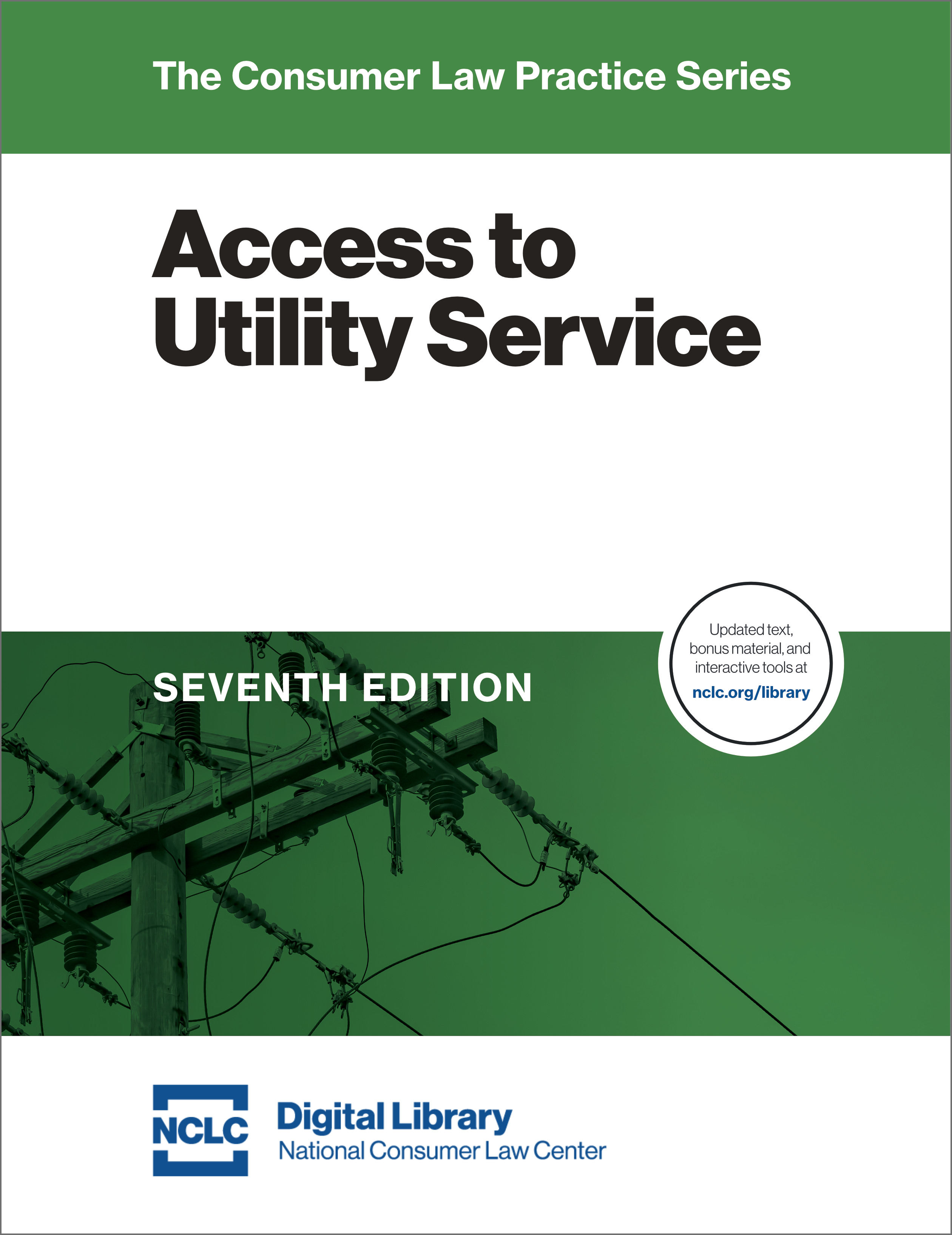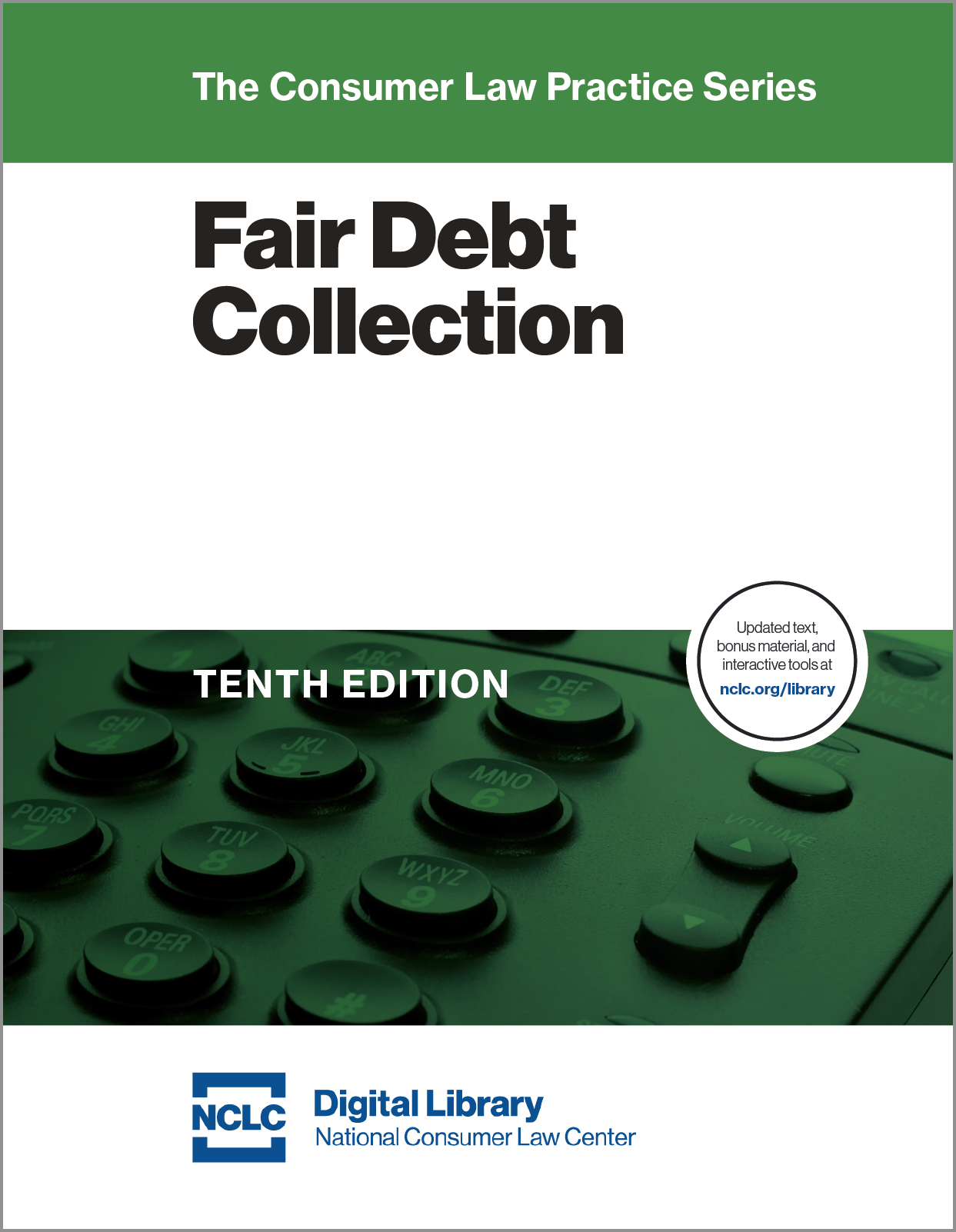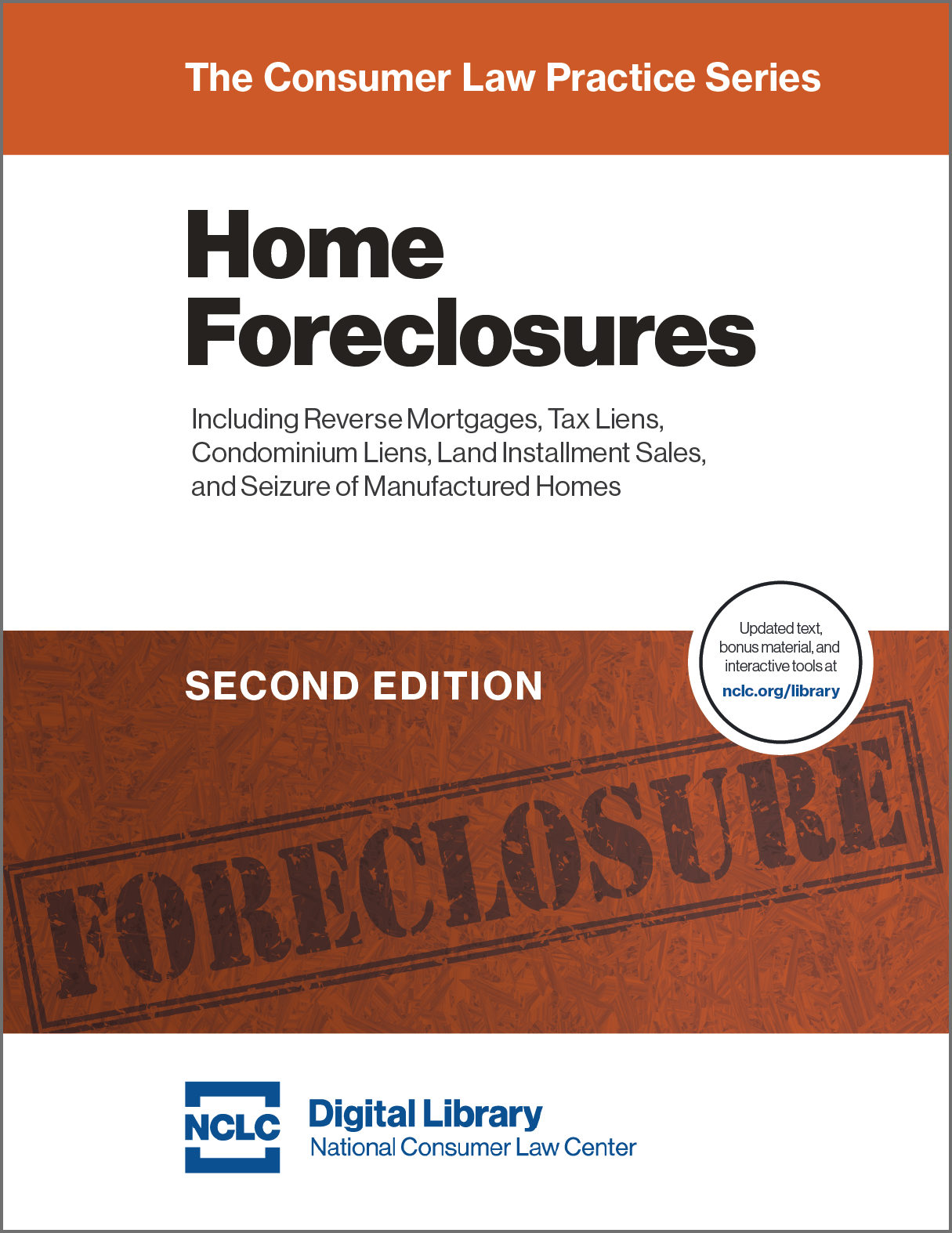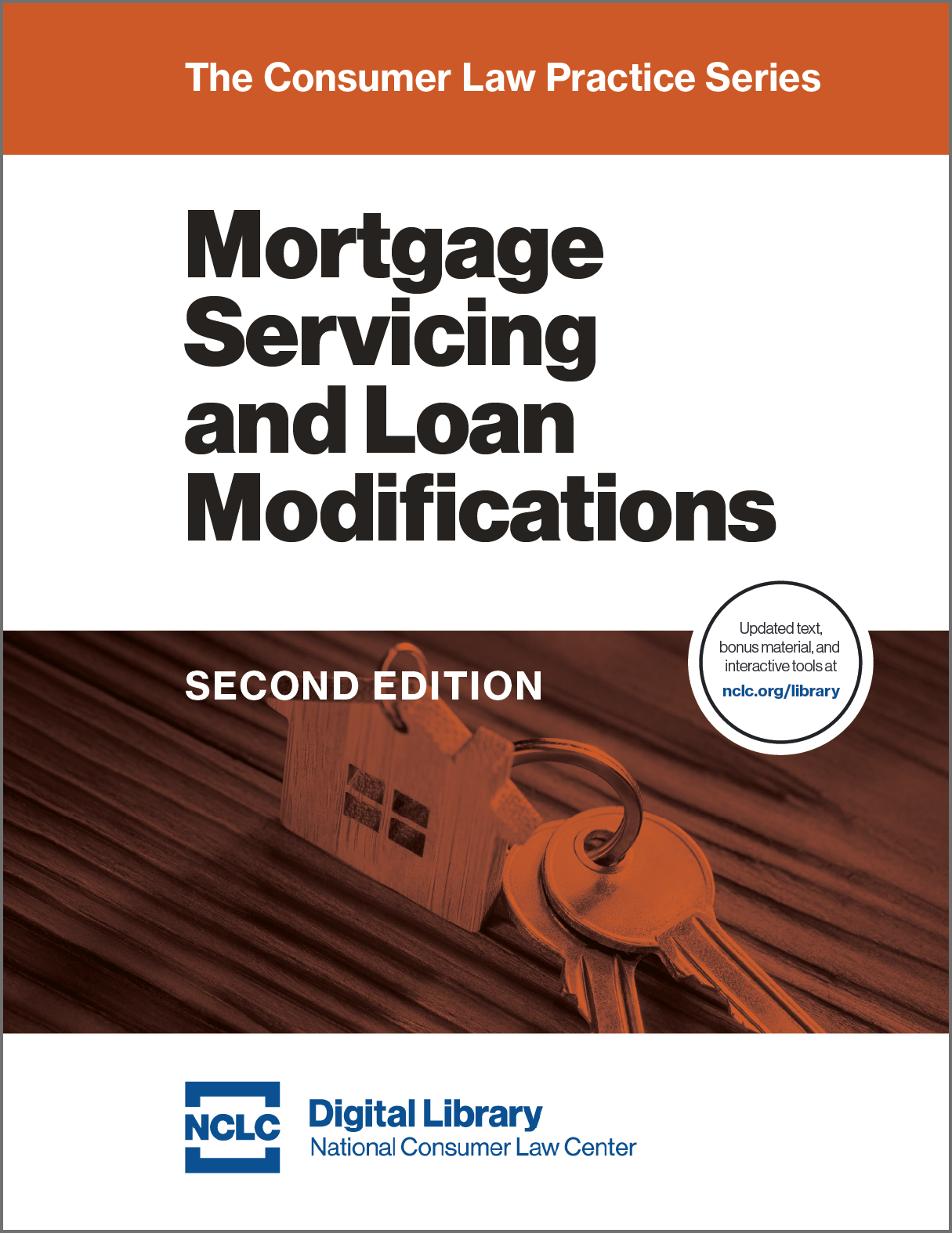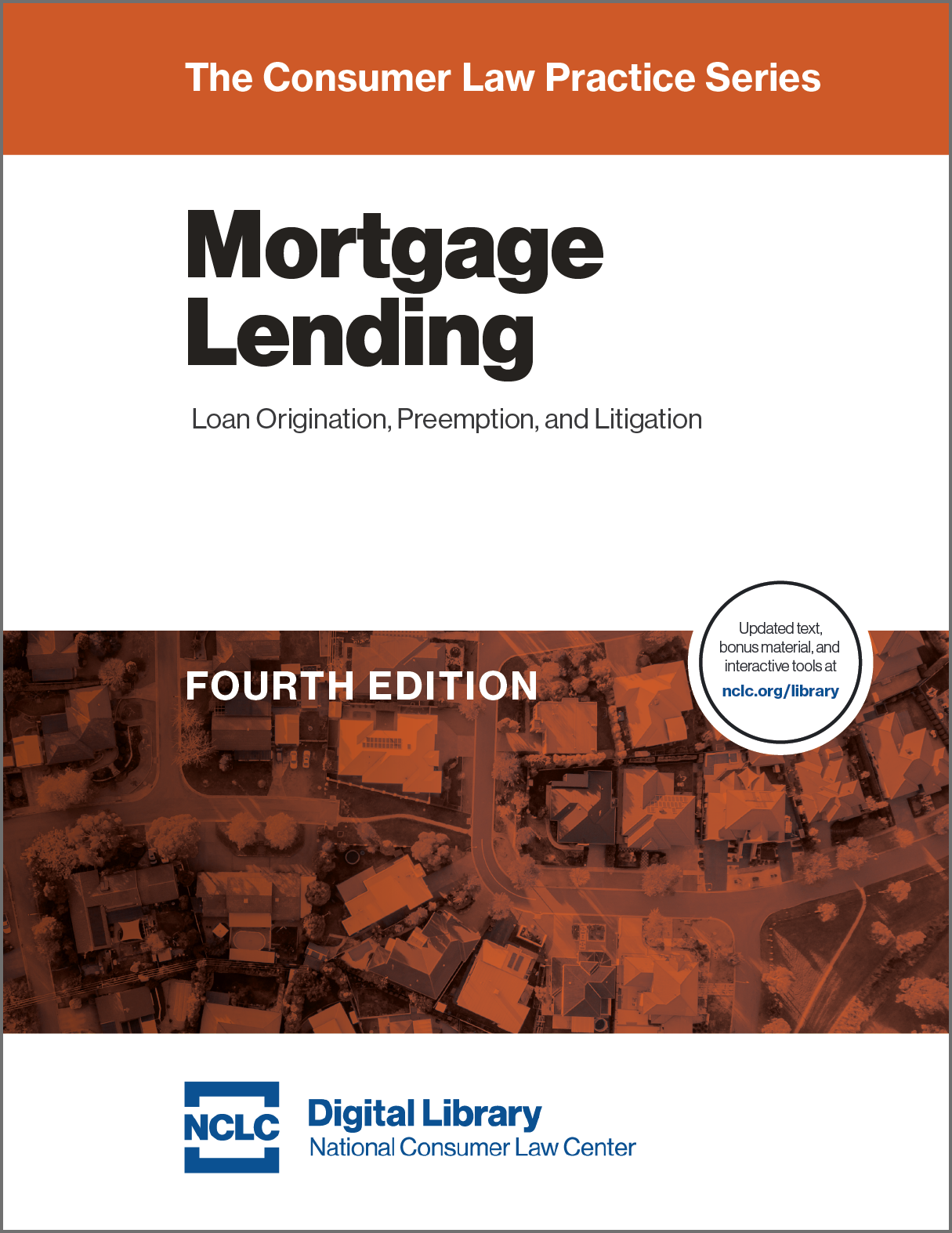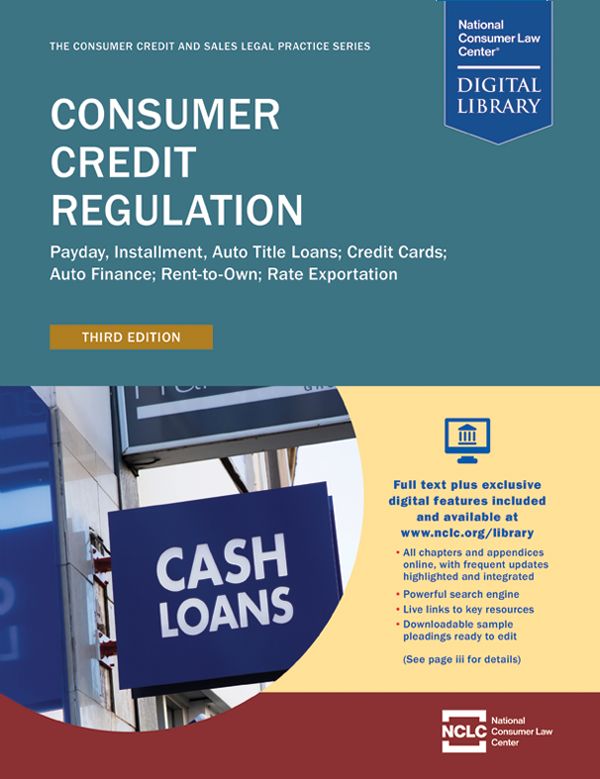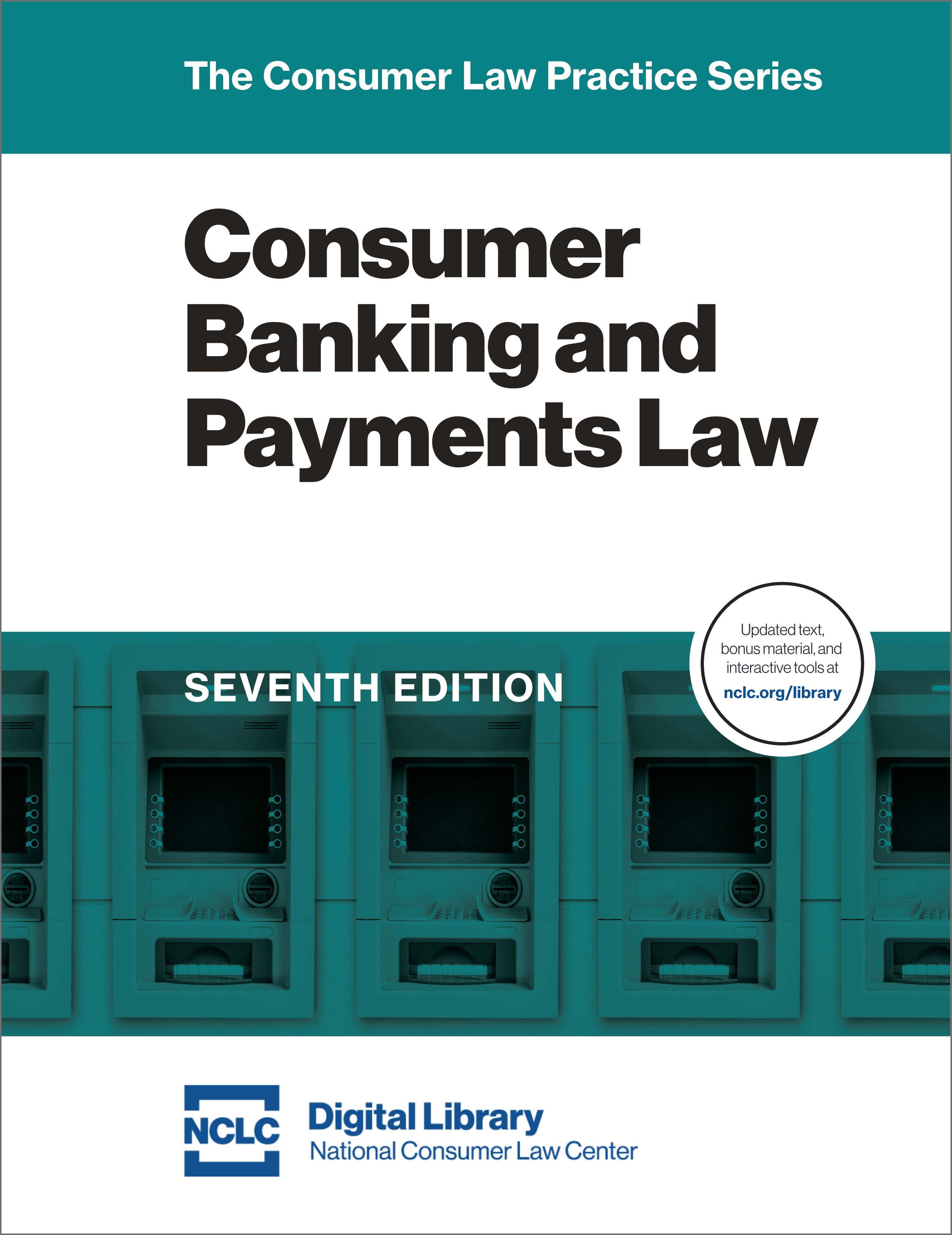Search
Protecting Against Creditor Seizure of Stimulus Checks
Bankruptcy’s Role in Alleviating Criminal Justice Debt
Unpaid criminal justice debt can have draconian consequences, and this article explains how a bankruptcy filing can sometimes be effective in reducing that debt. Although criminal fines and restitution orders are not dischargeable in bankruptcy, other portions of a filer’s criminal justice debt may be dischargeable. The article also links to several resources covering this topic: a free May 13 webinar, a recent report, and NCLC treatises.
Advising Clients When an Abusive Partner Coerces Debt
This article provides practical tips for advising clients with debt incurred by an abusive partner through coercion and fraud—developing a safety plan, documenting the coerced debt, protecting bank accounts, dealing with unauthorized credit card use, preventing an abuser from opening new accounts in the victimized partner’s name, addressing coerced debt on a credit report, and dealing with home mortgages.
Holding Off Foreclosures While Homeowners Await Billions in HAF Payments
Only about half the states are now accepting homeowner applications for payments from the Homeowner Assistance Fund (HAF), and few funds so far have been distributed. At the same time, because of the end of many COVID-19 related homeowner protections, large numbers of homeowners may soon face foreclosure.
This article explains which homeowners are eligible for HAF payments and explores solutions for the urgent problem that many eligible homeowners may lose their homes before they are able to receive the HAF payments which would have saved their homes.
Image
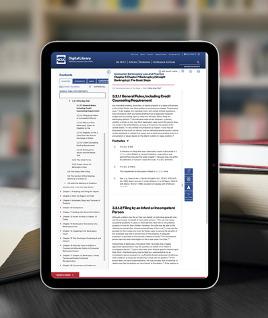
Our Five Favorite New Features on NCLC’s Revamped and Enhanced Digital Library
Here are our five favorite new features on the revamped NCLC Digital Library, giving you a faster, easier reading experience, letting you view extra content related to the page you are viewing, adding powerful new search options, offering at no charge over 1400 written submissions at NCLC conferences, and including free to the public 6000 chapter and appendix subsections.
TCPA Litigation After Recent Supreme Court, FCC, Other Rulings
This article sets out practice implications of three recent Supreme Court cases, two FCC rulings, and other court decisions dramatically reshaping TCPA litigation: Article III standing; the autodialer definition; constitutionality of TCPA claims arising prior to an unconstitutional provision’s severance; general limits on prerecorded calls; new limits on debt collector-recorded calls to residential lines; and seller liability for “do-not-call” rule violations.
Top Six TCPA/Robocall Developments in 2024/2025
This article summarizes current Telephone Consumer Protection Act (TCPA) and robocall developments, including the status of three important FCC final rules, a proposed FCC rule, an enforcement action concerning spoofing of caller IDs, and a pending Supreme Court case concerning the precedential value of FCC interpretations—all of which could significantly affect TCPA litigation.
Homeowner Tactics to Overcome Problems with Tangled Titles
A new NCLC Digital Library article sets out practical solutions to problems arising from a homeowner's death in dealing with mortgages, foreclosures, reverse mortgages, property taxes and tax sales, utilities, and relief after natural disasters. The advice focuses where a home’s title is tangled—the home is stuck in probate or families living in a home for generations have never properly transferred the home’s title.
Image
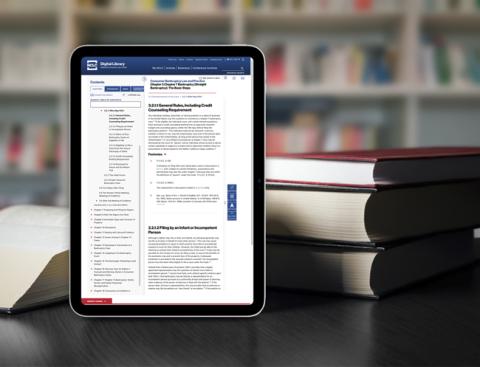
5,000 Practice Aids Free on the NCLC Digital Library
The NCLC Digital Library contains a lot more than just subscription content. The Library makes free to the public over 5,000 practice aids plus, for members of the consumer law community, another 2,300 videos and speaker written submissions from past NCLC/NACA conferences. All this material can be downloaded and is fully searchable. This article provides ten tips to make the most from these free resources—how to locate and best utilize the practice aids.
FDCPA Litigation Using New Reg. F: Pleading Tips & Recently Alleged Violations
This article provides ten pleading tips when bringing Fair Debt Collection Practices Act claims based on the new requirements found in CFPB Regulation F. The article then surveys recent federal court complaints alleging Regulation F violations as indicative of the violation patterns emerging in the six months since the Regulation’s effective date. The article links to the full text of complaints illustrating the types of violations being alleged.
